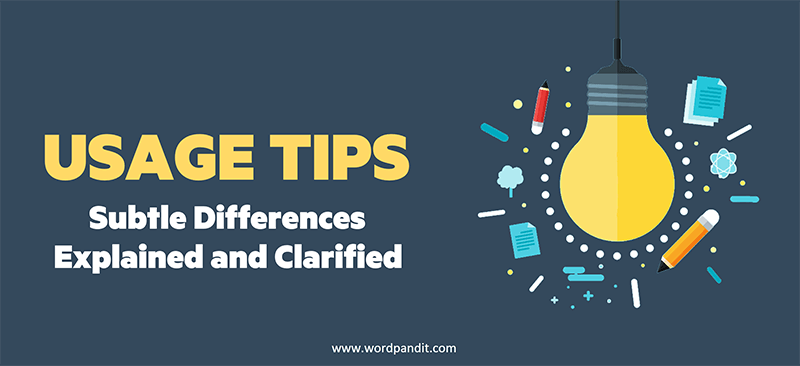Elicit vs. Illicit (& Licit)_C: Understanding These Commonly Confused Words ✨
Have you ever stumbled over “elicit” and “illicit,” wondering which one fits your sentence? You’re not alone! These two words sound almost identical, yet they couldn’t be more different in meaning. It’s a common problem, and many people find themselves pausing to decide which of these words to use. Let’s break down these confusing word pairs, clarify their meanings, and help you feel confident when choosing the right one in your writing. 🤔 Whether you’re a student, a professional, or simply someone who loves words, understanding these distinctions will make your communication clearer and more effective.
Elicit: Definition & Usage 📖
Definition: “Elicit” means to draw out a response, emotion, or information from someone. It’s an action that requires someone else, and it’s all about bringing something to the surface.
Pronunciation: ih-LIS-it 🔊
Etymology: This word comes from the Latin “elicere,” which means “to draw out.” It shares roots with “cite,” hinting at the sense of summoning something into view or expression. 🌱 This historical context can help you remember that it involves a deliberate action to bring something out.
Examples: ✍️
- The teacher asked insightful questions to elicit answers from her students. 👩🏫 She wanted to make sure everyone participated in the discussion.
- His joke elicited laughter from everyone in the room. 😂 The humor was exactly what they needed after a long day.
Synonyms: evoke, extract, bring out, provoke
Antonyms: repress, stifle, suppress
Illicit: Definition & Usage 🚫
Definition: “Illicit” refers to something forbidden by law or social norms, meaning it’s not allowed or illegal. It’s often used to describe activities or behaviors that are conducted in secret due to their unlawful nature.
Pronunciation: ih-LIS-it (yes, the same as “elicit”!) 🔊
Etymology: “Illicit” comes from the Latin “illicitus,” which means “not allowed” or “unlawful.” It’s related to “licit,” which is a less common term for something that is allowed. ⚖️ Understanding the etymology of this word can make it easier to remember that it’s related to prohibition or illegality.
Examples: ✍️
- They were arrested for their illicit activities. 🚔 The authorities had been tracking them for months.
- The affair was illicit, hidden from everyone. 🤐 It was a secret that could not be made public without serious consequences.
Synonyms: illegal, forbidden, unlawful, banned
Antonyms: licit, lawful, permitted, legal
Comparison and Contrast: Elicit vs. Illicit 🔍
The key difference is that elicit is all about drawing out something (an answer, emotion, or response), while illicit describes something illegal or forbidden. One way to remember: “Elicit is like extract, and illicit is like illegal.” Imagine trying to elicit a confession about someone’s illicit behavior! 🤫 It can be helpful to keep in mind that elicit involves interaction, while illicit involves prohibition or secrecy.
Another way to differentiate these words is to think about their contexts. Elicit is often used in positive or neutral contexts where you’re trying to understand or provoke a reaction, while illicit almost always carries a negative connotation, associated with secrecy and wrongdoing. Picture a detective trying to elicit information from a witness about illicit dealings. This scenario captures both words in action and highlights their differences.
Contextual Usage of Elicit & Illicit ✨
- The detective was trying to elicit information about the illicit trade network. 🕵️♂️ The information was crucial for solving the case and bringing justice.
- Her charm could elicit even the deepest secrets, but none involved anything illicit. 💬 She had a natural talent for making people open up, but thankfully, what they shared was all aboveboard.
Mnemonic Device 🧠
To tell these two apart, think of it like this: “Elicit” has an L for Laughter or Lesson—you’re trying to draw out a reaction. “Illicit” has two Ls, like two bars of a prison cell—it’s about something forbidden. 🚨 Think of illicit as something that would land you behind those bars, while elicit is just about getting someone to respond or share something. These mental images can help you keep the meanings straight in your mind.
Related Confusing Word Pairs 🔗
If you enjoyed this, you might also like exploring word pairs like affect vs. effect or compliment vs. complement. These words are also commonly mixed up, but once you get the hang of it, you’ll master them too! 💡 Another great pair to explore is principle vs. principal, which often causes confusion, especially in academic and professional settings. Learning these distinctions will enhance your vocabulary and make you a more precise communicator.
Test Your Understanding: Elicit, Illicit, and Licit
1. The teacher hoped to ___ more answers from the students. 🧑🏫✏️
2. The group was involved in ___ activities that eventually led to their arrest. 🚨👮♂️
3. Which word refers to bringing out a reaction? 💡🗣️
4. Which word describes an illegal activity? 🧐⚖️
5. She tried to ___ a response, but nothing ___ came from him. 🤔💬
6. Which word would you use to describe an action that is permitted by law? 🔎✅
7. The journalist managed to ___ crucial details during the interview. 📝📢
8. Which of the following is a synonym of ‘Illicit’? 🔄🚫
9. The counselor was skilled at ___ emotions that people usually kept hidden. 💬💭
10. Fill in the Blank: “Illicit” and “Licit” are ___ of each other. ❓↔️












Harsher sentencing laws for career criminals